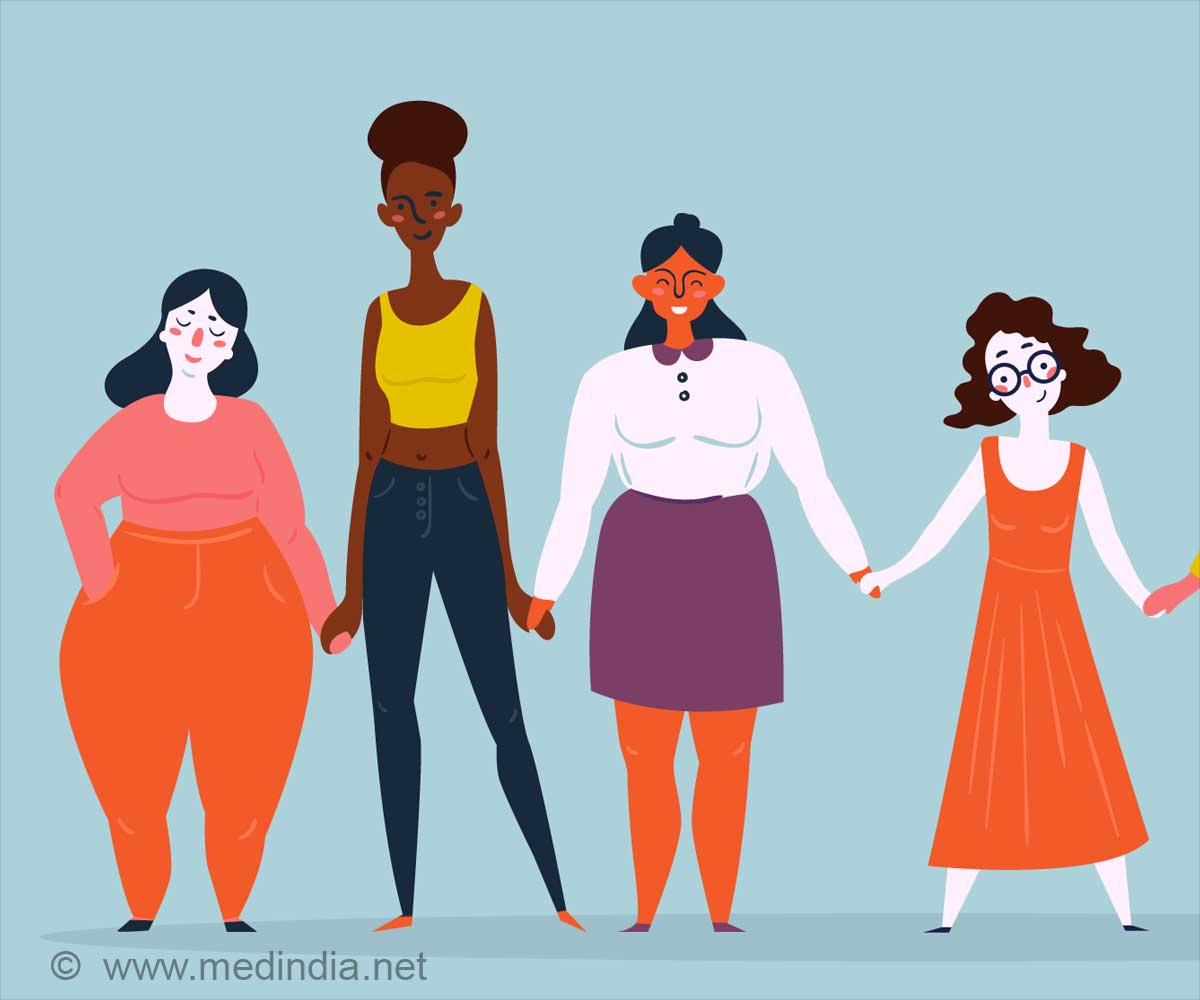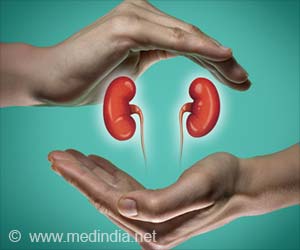A gathering of feminist leaders at APFF 2024 united to envision a just, sustainable world free from oppression and inequality.

- 500 feminist leaders from 38 countries gathered to reimagine a just and sustainable future
- Discussions ranged from corporate exploitation, militarism, and the crippling debt crisis in the Global South
- Commitment to pushing for development justice, sustainability, and equality
APFF 2024 - "Feminist World-Building: Creative Energies, Collective Journeys"
Go to source).
Global military spending hit $2.4 trillion in 2023, while corporations profit from conflicts. #feministfuture #developmentjustice #medindia’
The Fight for a Feminist, Just World
At the heart of the forum was a shared vision: a feminist world that is free from fossil fuels and promotes development justice. This idea of development justice goes beyond economic growth and profit; it’s about ensuring that every person and community has access to resources, equality, and a voice. It’s about living in harmony with the planet, prioritizing sustainability over the relentless pursuit of wealth. The feminists at the forum collectively imagined a future where no one is left behind, and where systemic inequality is eradicated.Confronting Global Injustices
The discussion wasn’t limited to feminism. The feminist leaders analyzed the ongoing effects of corporate capitalism, a system that has funneled wealth and power from developing nations to the world’s wealthiest. This dynamic has driven forced labor migration, financial crises, and environmental destruction, all of which disproportionately affect countries in the Global South.One of the key voices at the forum was Azra Talat Sayeed, a well-known activist for development justice. Azra drew a striking parallel between corporate capture and imperialism, warning that today’s corporations are just as responsible for controlling resources and oppressing people as colonial powers once were. She also highlighted how militarism —an alliance between the military, state bureaucracies, and defense corporations—plays a central role in maintaining this global order. Shockingly, global military expenditure soared to $2.4 trillion in 2023, while corporations raked in profits by fueling conflict.
The Crushing Weight of Debt
Beyond militarism, the leaders at APFF 2024 discussed another pressing issue: the debt crisis plaguing developing countries. In many of these nations, a large portion of national revenue is spent servicing debts to international lenders like the International Monetary Fund (IMF), rather than investing in essential services like healthcare or education.Sarala Emmanuel, a feminist activist from Sri Lanka, emphasized how these debts have left countries in the Global South struggling to provide even basic social protections. In Sri Lanka, for instance, austerity measures imposed by the IMF have stripped away workers’ rights and cut retirement pensions, worsening the economic conditions for millions.
The Threat of Religious Fundamentalism
The forum also shone a light on the dangers of religious fundamentalism, which continues to rise in many countries across the region. Zainah Anwar, a women’s rights activist from Malaysia, warned that many regimes are using religion to solidify political power, marginalizing women and gender-diverse communities in the process. She pointed out that, in much of the Global South, religion is deeply intertwined with law and public policy, leading to further oppression.A Struggle for Gender Equality in South Korea
The contrast between economic development and gender equality was particularly stark in the case of South Korea, one of the world’s most developed economies. Despite its status, South Korea is still grappling with deep-seated gender discrimination. Kyungjin Oh, Executive Director of Korea Women’s Associations United, shared how the country’s current president has taken several regressive steps, rolling back policies that once supported women’s rights. The feminist movement in South Korea faces fierce opposition from anti-feminist groups, and women’s struggles are being overshadowed by the country’s focus on military and economic growth.The 4th Asia Pacific Feminist Forum was a powerful reminder of the challenges that lie ahead in the fight for justice. From corporate greed and militarism to crushing debt and religious extremism, the forum highlighted the many forms of oppression that feminists around the world are fighting against.
But the forum was also a beacon of hope. Feminist leaders from across Asia and the Pacific have committed to pushing for development justice, where everyone—regardless of their gender, nationality, or economic status—can live in dignity, peace, and harmony with the planet. The road is long, but the collective vision that emerged from APFF 2024 offers a blueprint for a better, more equitable future.
Reference:
- APFF 2024 – “Feminist World-Building: Creative Energies, Collective Journeys” - (https://apwld.org/events-page/apff/)
Source-Medindia









